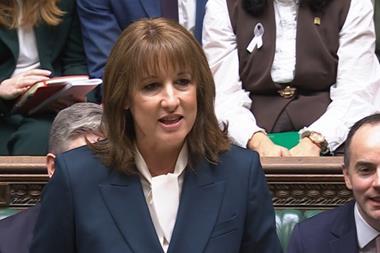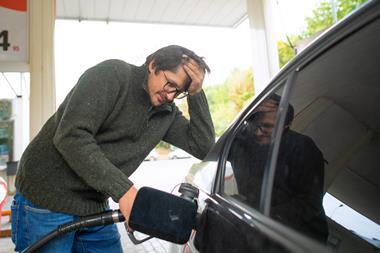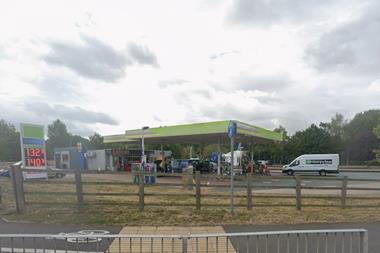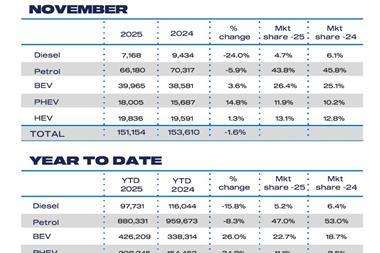E10 has become the top-selling petrol in France, helped by a tax break that makes it cheaper than its conventional rival, according to a statement by French ethanol producers reported by Reuters.
Sales of unleaded SP95-E10 accounted for 38.5% of petrol sales in France in September, compared with 36.8% for SP95 and 23.6% for SP98.
Over the first nine months of 2017, SP95-E10 was also ahead with a share of 38.2% versus 37.5% for SP95.
The rise in demand for SP95-E10 in France contrasts with Germany where sales of E10 petrol fell last year despite a price advantage due to concern it is not suitable for all cars.
Due to a tax incentive SP95-E10 is 4 to 5 cents a litre cheaper than SP95. It was launched in 2009 and is now available at more than 50% of French filling stations.
UK forecourt owners are still waiting to find out whether E10 petrol will be introduced after the most recent Government announcement on the issue in September failed to indicate a way forward.
The trade had been waiting for a response to the consultation on the Renewable Transport Fuel Obligation, which ended in January.
During the consultation the PRA had warned the forecourt sector was not ready or able to handle the introduction of E10, but environmentalists argued it was the best way to meet the government’s commitment to reduce carbon emissions from transport.
In his foreword to the response, transport minister Jesse Norman indicated that the Government favoured introducing E10, but no mechanism was proposed to carry this out.
He said: “Increasing the renewable content of petrol by moving to E10 fuel should make achieving our targets easier and potentially more cost effective, as well as providing an economic boost to domestic producers.
“The government will work with industry to facilitate any future introduction of E10 petrol, playing our part to ensure that it is managed carefully and to ensure ongoing availability of fuel suitable for older (pre-2000) petrol vehicles. In doing so, we expect the oil industry to do their part to help minimise any impacts on owners of older vehicles.”
A spokesperson for the oil industry body UKPIA said they could not comment on the Government’s intentions until it clarified what it meant by working with the industry.

































No comments yet